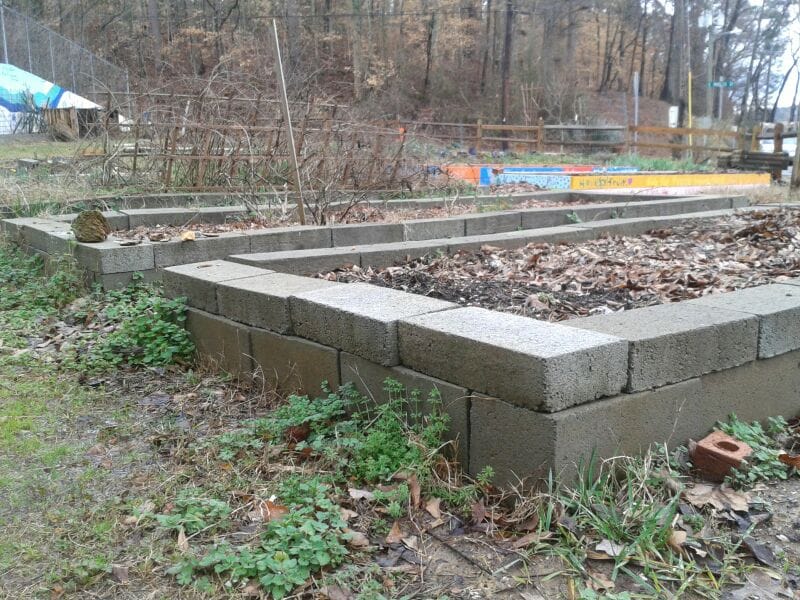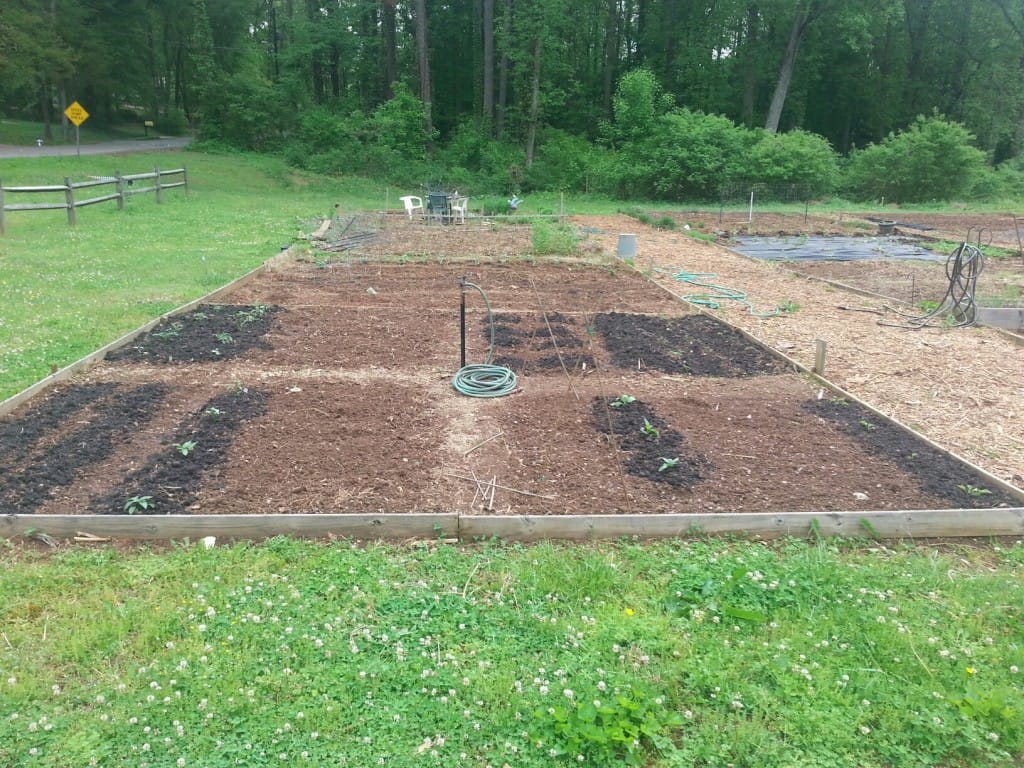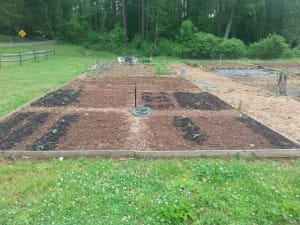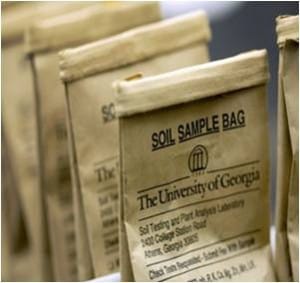Experienced gardeners realize that the success of their gardens starts with healthy soil. But, what does healthy soil really look like? Here is a snapshot:
Healthy soil is full of organisms
Soil is not inert; it is full of living organisms that are important in the soil ecosystem. Viruses, bacteria, fungi, protozoa, nematodes, and earthworms are all essential in healthy soil. Most of these organisms cannot be seen with the naked eye. A virus is only 0.03 to 0.02 micrometers in width while a much larger earthworm can be an indication of soil health. To compare the size of soil organisms visit Cells Alive. Researching these soil residents would be a fun thing to do in the cold days of winter.
Healthy garden soil has a pH of 6 to 7
pH is the measure of hydrogen ion concentration. In the soil it is a part of complex chemical interactions. Simply put, soil nutrients are not available for the plant roots to absorb at high and low pHs. Have your soil tested regularly to determine your soil pH and get advice on how to correct it if needed.
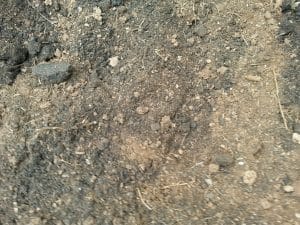
Compost is important
Organic matter assists desired soil chemistry, improves soil texture, can add nutrition to the soil, and can aid in the increasing the microorganisms. Making your own compost can be a very rewarding way to use garden scraps. This could be a great goal for 2017.
Soil chemistry and the soil ecosystem are complicated and intricate topics. Check with your local UGA Cooperative Extension office to see what soil workshops are being offered this winter. During the first part of 2017 we are going to do several in-depth posts about healthy soil on this blog. We hope you will be a part of the discussion.
Happy Gardening!
